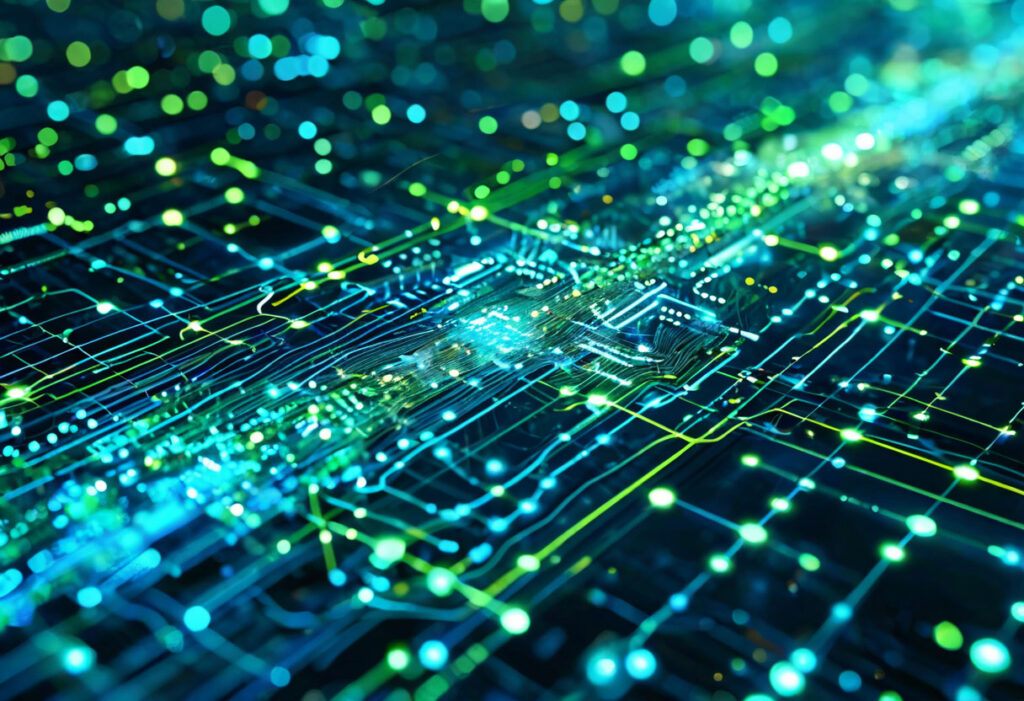Introduction to AI and Blockchain Integration
Anyway, the integration of artificial intelligence with blockchain technology marks a pivotal shift in the digital economy, fueled by strategic investments and tech advancements. This convergence tackles persistent crypto issues like scalability and security, using AI’s automation and data processing strengths. For instance, the Ethereum Foundation has an AI research team under Davide Crapis, focusing on decentralized AI apps to boost Ethereum’s functionality. On that note, this isn’t just additive—it’s transformative, enabling real-time threat detection and automated trading. Evidence includes PayPal Ventures investing $18 million in Kite AI and Kraken acquiring Capitalise.ai for natural language trading automation, aiming to enhance reliability and user experiences by reducing human errors and delays.
- AI cuts down on manual work and improves data accuracy in crypto operations.
- It builds trust in decentralized networks, moving beyond traditional methods.
- Compared to old approaches, AI offers superior speed but introduces complexities like ethical concerns.
You know, skeptics highlight risks such as security vulnerabilities, but the trend suggests a balanced progression with neutral market impact.
Funding and Strategic Investments
Substantial capital flows into AI-crypto projects reflect strong investor confidence in innovation. Key examples include PayPal Ventures leading a $33 million round for Kite AI, with $18 million for Web3 AI infrastructure, and Swarm Network securing $13 million to enhance decentralized AI transparency through NFT licenses. These investments are grounded in practical benefits like better efficiency and security. For example, Rollup News used Swarm’s tech to verify over 3 million posts, demonstrating utility in fact-checking. Acquisitions, such as Kraken integrating Capitalise.ai, lower user barriers and boost operational ease. It’s arguably true that institutional moves, like JPMorgan committing up to $500 million to Numerai, which spurred a 38% surge in its crypto, show how strategic bets influence markets. This variety underscores AI’s role as a key differentiator in a maturing sector.
AI Agents in Blockchain
AI agents, which are autonomous programs making decisions with little human input, are becoming essential in blockchain ecosystems. They employ technologies like the HTTP 402 status code and EIP 3009 for automated payments, improving efficiency in decentralized networks. These agents handle tasks like transaction processing, traditionally needing oversight, thus boosting reliability. Analytically, they could dominate user bases on platforms like Ethereum, altering transaction methods. Evidence includes projects by Hyperbolic Labs and Prodia Labs, where AI manages language modeling, and Kite AI’s AIR system for identity and trade management with stablecoins. This automation reduces latency and increases accuracy but raises security and ethical issues. Efforts like Kraken’s integration aim to balance risks with human oversight, ensuring system integrity.
Challenges in Convergence
The AI-crypto convergence faces hurdles like regulatory uncertainty and heightened security risks. Data indicates a 1,025% increase in AI-related attacks since 2023, with groups like Embargo involved in incidents moving $34 million, stressing the need for strong safeguards. Crypto losses exceeded $3.1 billion in 2025 due to breaches and smart-contract flaws. Proactive measures, such as Kerberus acquiring Pocket Universe to develop a crypto antivirus, show commitment to risk reduction. AI tools provide real-time threat detection but introduce new vulnerabilities requiring monitoring. Regulatory disparities, like Japan’s caution versus the EU’s MiCA rules, create compliance challenges. On that note, overcoming these obstacles through global cooperation is vital for sustainable growth.
Future Outlook
The future of decentralized AI in crypto holds promise for innovations in automated trading and security. Predictions from UNCTAD suggest AI will lead the tech sector, with its market share quadrupling over eight years, driving deeper integration. Decentralized AI systems, like those from Swarm Network, enable on-chain data verification, increasing trust. Live integrations, such as Chainlink with Polymarket on Polygon, have improved prediction market accuracy. AI could enhance accessibility via no-code platforms and strengthen security with tools like Kerberus’s antivirus. You know, decentralized models outperform centralized ones by reducing failure points but need careful use to avoid risks. Addressing regulatory and ethical issues will support a neutral market impact, fostering a safer digital landscape.
Expert Insights
Expert opinions shed light on AI-crypto convergence, emphasizing its potential to reshape digital interactions. Davide Crapis of the Ethereum Foundation stated, ‘Ethereum makes AI more trustworthy, and AI makes Ethereum more useful,’ highlighting a symbiotic relationship. Another AI professional noted, ‘Decentralized AI is set to redefine crypto interactions, offering scalable solutions that enhance both security and user engagement.’ Analytically, experts advocate for AI complementing human efforts, as seen in Coinbase‘s goal for AI to write 50% of its code by 2025, enhancing skills without displacement. Impacts extend to sectors like healthcare, streamlining data handling. Anyway, challenges like rising attacks necessitate rigorous security, but the outlook is cautiously optimistic for steady growth.

